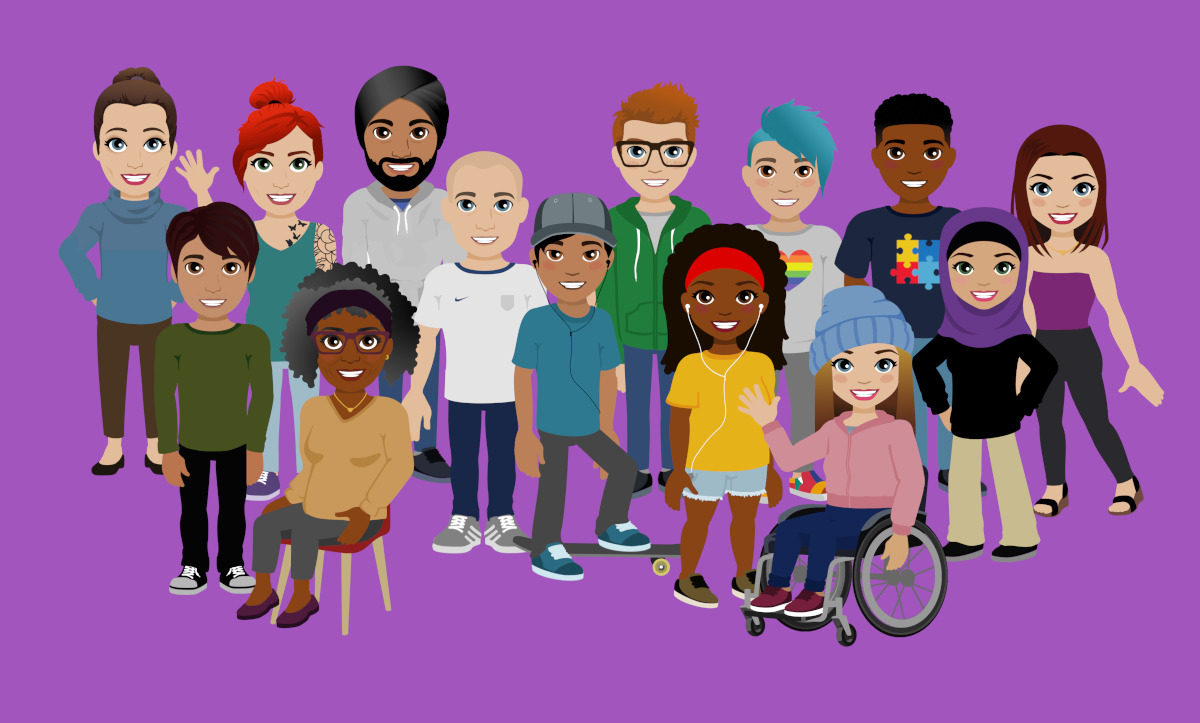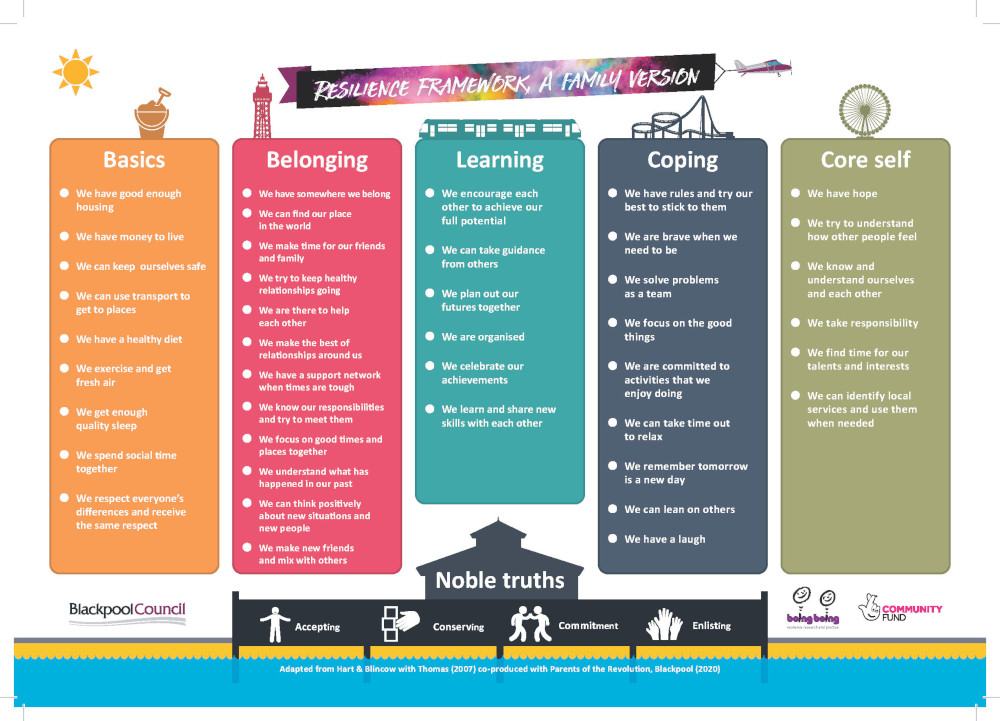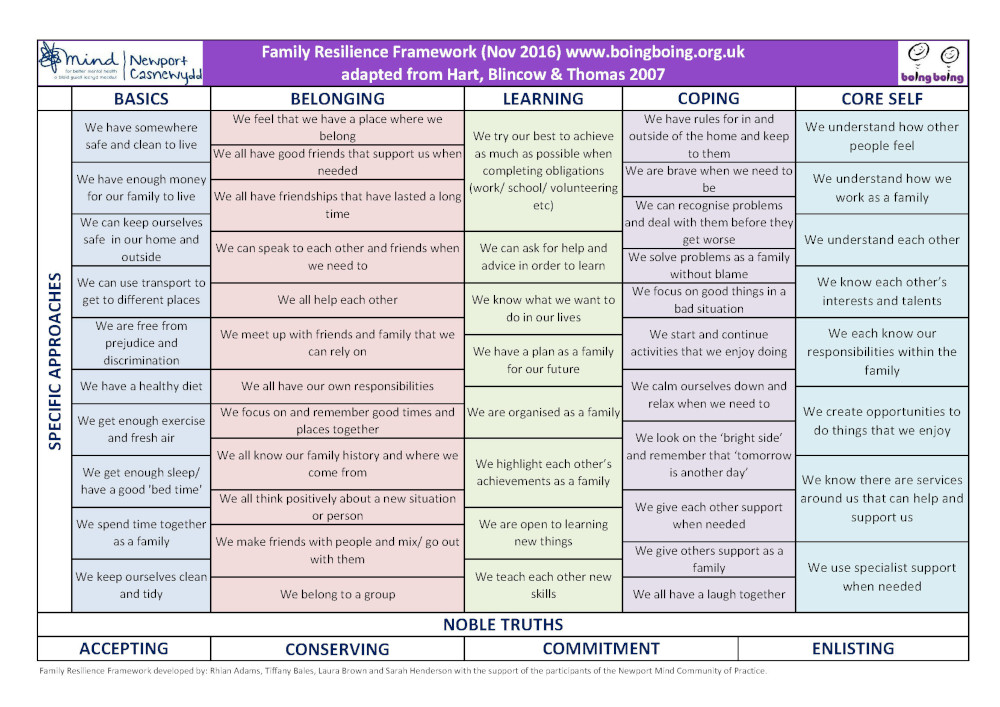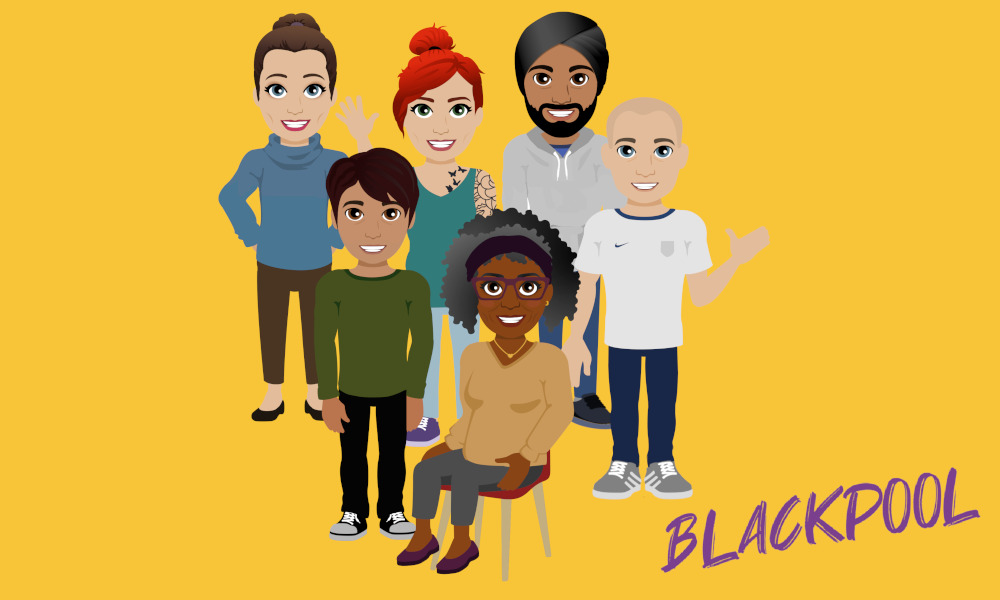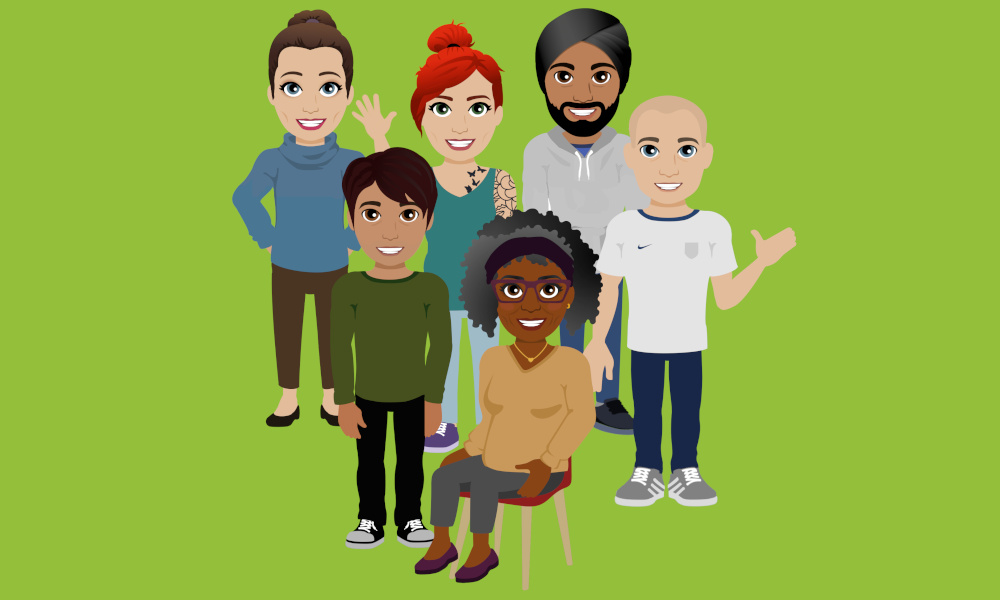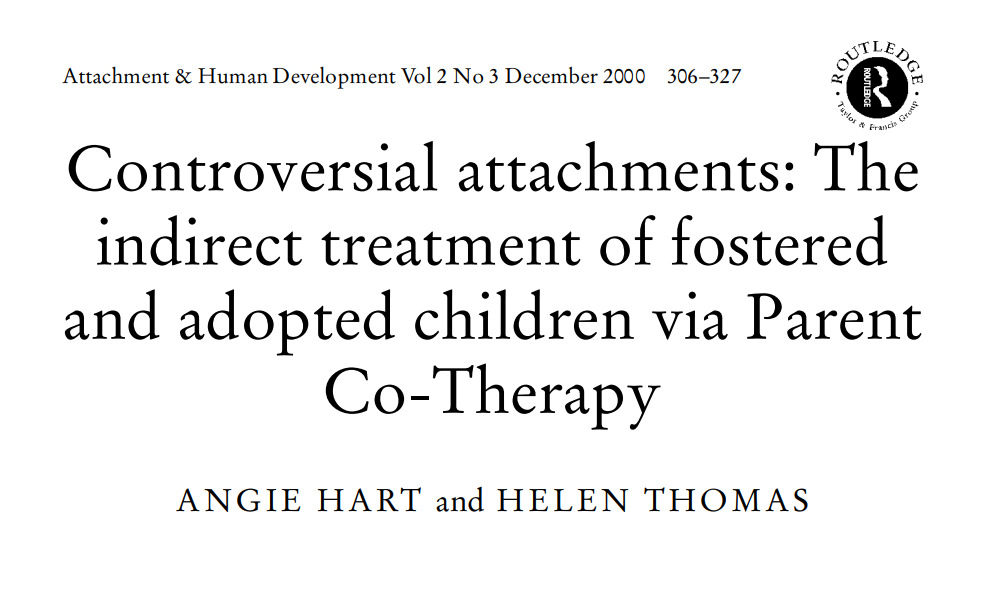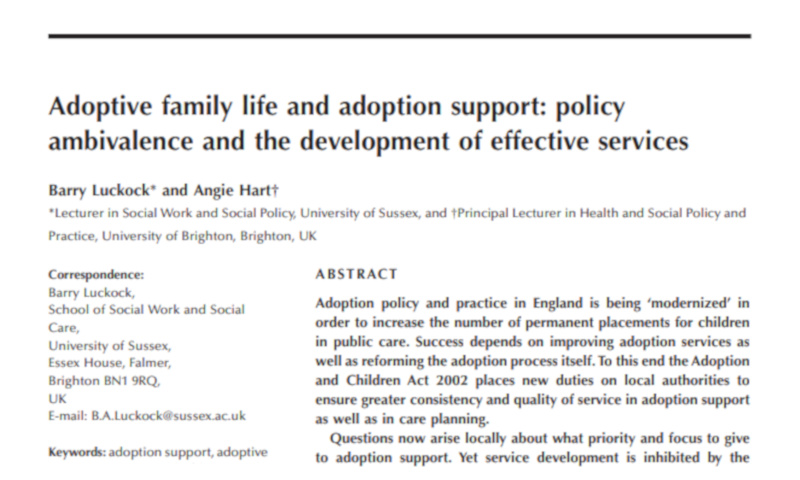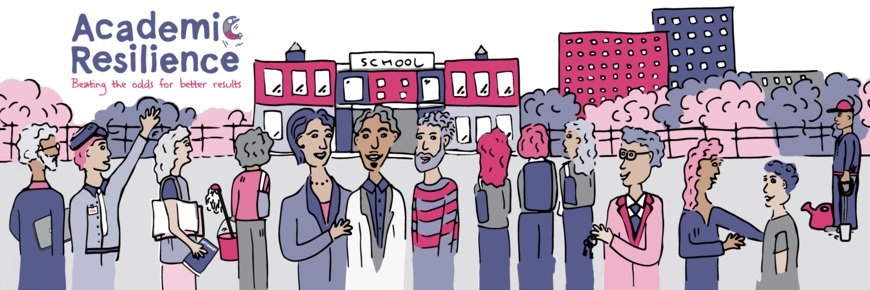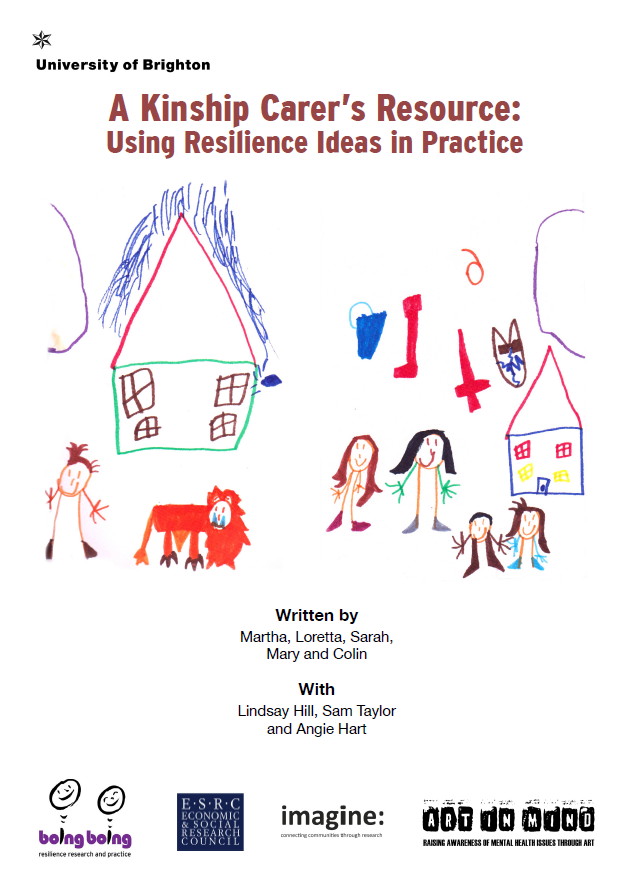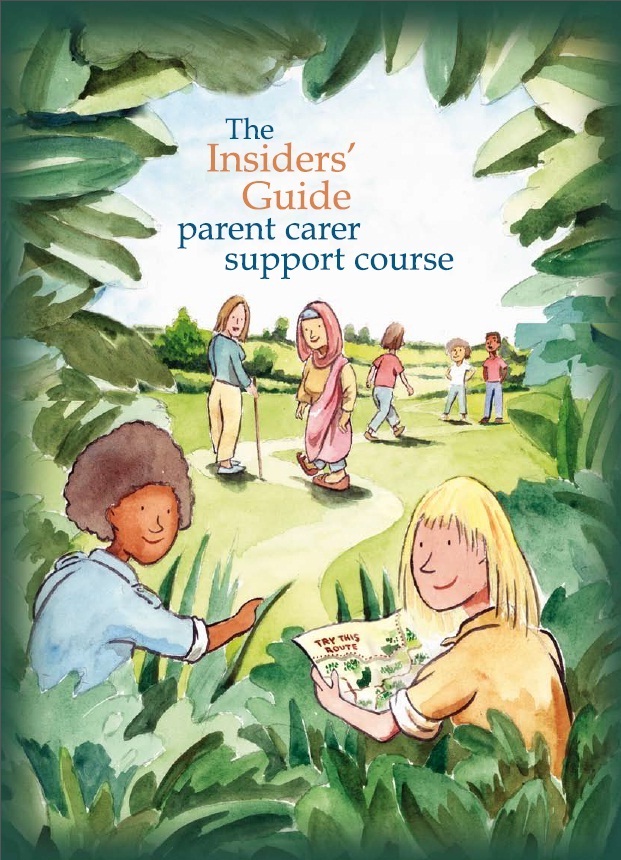Families
A group of parents and carers from Blackpool, known as the ‘Parents of the Revolution’, have co-produced a family version of the Resilience Framework as part of Blackpool’s town-wide Resilience Revolution. You can also download a one-page version that just contains the Framework or a 2-page version with a short description and some suggestions.
The Family Resilience Framework was designed to support members of the wider family (parents, siblings, carers etc.) and was developed by Rhian Adams, Tiffany Bales, Laura Brown and Sarah Henderson from Newport Mind, with the support of the participants of the Newport Mind Community of Practice. Also available in Italian, Portugese and Spanish.
Every school knows that the more engaged a parent is in their child’s learning, the more learning is supported in the home. Some parents are dead easy to involve, eager to get your attention and are queuing up to talk to staff at every opportunity. But often the very families you would like to be involved more, can be the hardest to hook into school life.
